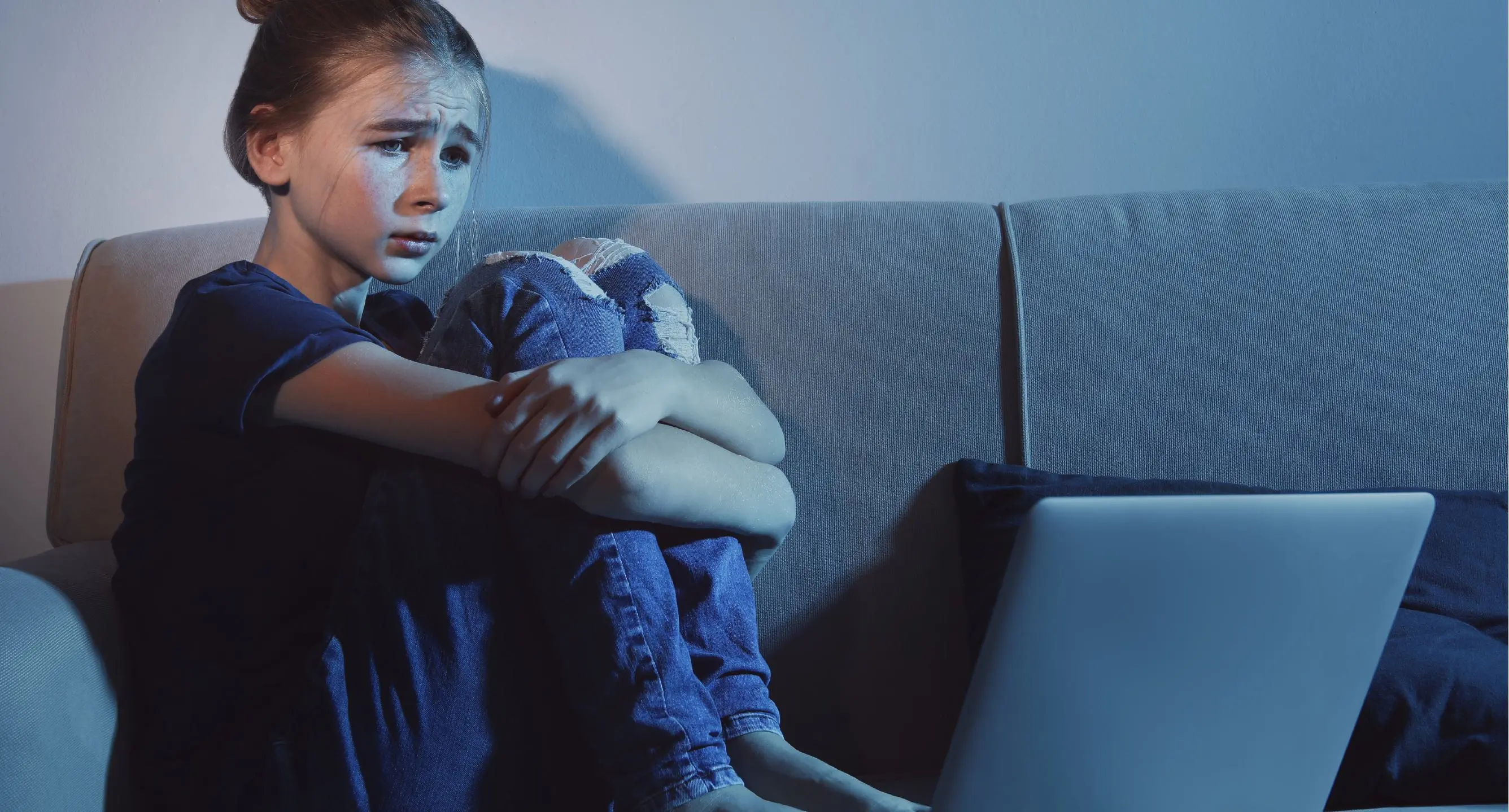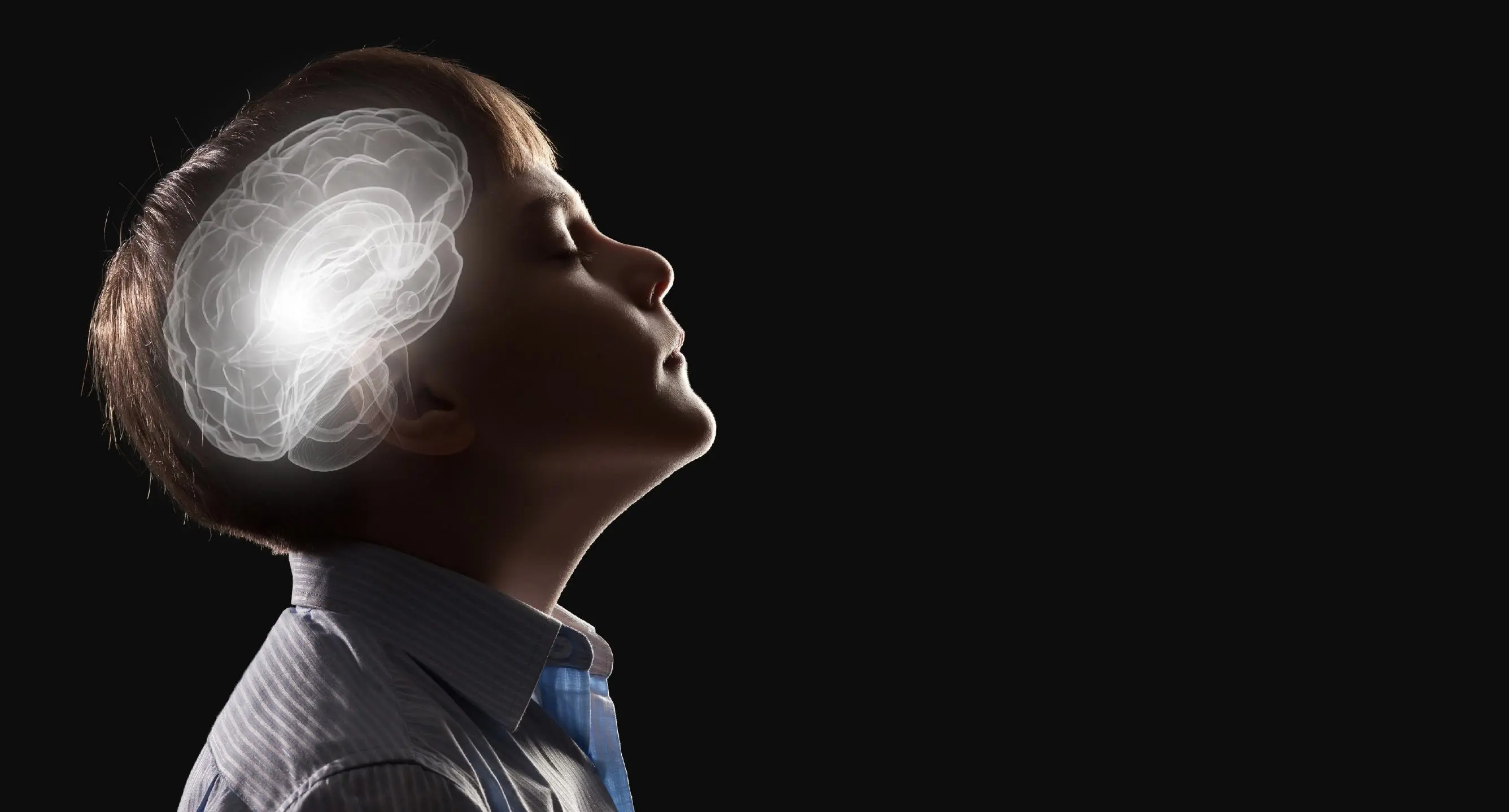Join the Movement - Sign the Delay Manifesto 📑


5 Ways Pornography Harms Children and Teens
The porn industry is currently under fire. A major website is shutting down, multi-billion dollar companies are distancing themselves, and the lawsuits keep piling up. So, it’s not hard to convince parents that pornography negatively affects society. But how does pornography harm children and teens?
5 Ways Pornography Impacts Children and Teens:
- Pornography harms a child’s precious brain. It actually changes neural pathways.
- Pornography harms a child’s view of sex. How it is on the screen is not how it is in real life.
- Pornography harms a child’s view of people. Pixels lead to objectification. Porn diminishes our ability to see a real, unrepeatable person.
- Pornography harms a child’s quality of life. Because pornography is a super-normal stimulus, kids can’t stop watching. They lose sleep and time.
- Pornography causes children to harm other children. When young kids see pornography, they practice pornography on other children.Let’s explore each of these impacts in greater detail.
Pornography harms your child’s precious brain.
The human brain is incredible. One of the great joys of parenting is watching a child make discoveries. Whether it’s learning how to walk, recite the alphabet, or play an instrument, neural pathways are constantly developing in their brains. Because the brain develops from back to front, one of the last regions to develop is the prefrontal cortex. This is the region that’s in charge of:
- Focusing attention
- Anticipating and predicting the consequences for one’s actions
- Impulse control; managing one’s emotions
- Planning for the future
- Conditional thinking (I can’t do A until B happens)
Think of the prefrontal cortex as the “brakes” of the brain. Since your son’s or daughter’s braking system doesn’t fully develop until their mid-20’s, it is bound to crash into things from time to time. It is estimated that 90% of children ages 8-16 have seen online pornography. This translates into >30,000,000 children (in the United States alone) sustaining neurological fender benders while connected to the internet.
While accidental exposure is one of the most common on-ramps to pornography, your son’s or daughter’s brain is hypersensitive to reward stimuli. Meaning behaviors can become habitual VERY quickly. Deborah Halber puts it this way:
“Neurons in the different regions of the brain comprising the reward system communicate using dopamine…It enhances reward-related memories and creates emotional associations with rewards…It’s not the reward itself, but the expectation of a reward that most powerfully influences emotional reactions and memories.”
For all of its complexity, the brain operates according to a very simple principle. Whatever you feed it is what it learns to love. Especially before age 16. With the heart-racing excitement (norepinephrine) that comes from sexual content (oxytocin), pornography hijacks the brain and focuses the body’s attention until it climaxes (serotonin) and creates a desire (dopamine) to repeat the process.
When this process occurs during the all-important adolescent years, the brain creates deep neural pathways (“ruts”) that crave pornography. Resulting in an adult brain that craves the supernormal stimulus of pornography. Just spend 30 minutes in any porn recovery forum, like NoFap or Reboot Nation (reader beware – the content in these sites is real, raw, and explicit – this is why I haven’t linked to them – it’s your choice to visit), and you will find thousands of young adults who spent their entire formative years watching pornography. And now they are convinced that they have brains, absent Divine intervention, that are irrevocably wired to crave porn. It’s crushing to read their stories.

Pornography harms your child’s view of sex.
“Just a minute, please.” “Hold on a sec.” “Just wait” (My wife just spoke this last one to our 3-year-old as I was writing this sentence!). We are impatient by nature. Whether it’s waiting for a friend to come over, the cookies to be done baking, or whatever important thing our kids need to say in the middle of our conversation with just about anyone; our children STRUGGLE to wait.
Pornography preys on that unwillingness to wait, removes the investment in a healthy sexual relationship, and reduces sex down to a series of compilations that selfishly (and temporarily) satisfy a niche fantasy. This pattern glorifies sex as the penultimate goal of relationships. Eventually, convincing the user that they can have a fulfilling sex life independent of the “baggage” that comes with a committed relationship.
In fact, males who report using pornography during adolescence followed by daily consumption of pornography often advance to viewing extreme content, including violence, to maintain arousal (see more on this below). Over time these men become less interested in physical intercourse as it is viewed as bland and uninteresting. Men then lose the ability to have sex with a real-life partner. This condition is labeled as Porn-Induced Erectile Dysfunction (PIED).
As it’s often said in porn recovery communities, “no real, physical woman can compare with multiple tabs of high-definition, streaming porn.” And the brain agrees.
Pornography harms your child’s view of others.
The internet, as useful as it may be, has taught us to devalue others. Don’t believe me? Begin reading the comment section of articles on your favorite subject. From sports and politics to health and finance, people can say some TERRIBLE things about each other. The crazy thing is that most don’t even know the other person.
Pornography is the same way. Whether you are 4, 14, or 40, viewing pornography leads the user to objectify others. Pornography is a horrible teacher. It teaches your son or daughter that:
- Sex is selfish
- Sex is violent
- Sexual consent is not necessary
- Sexual partners are objects for pleasure
- Sex is expected

All people have value, pornography teaches us otherwise.
Pornography harms your child’s quality of life.
We have written broadly on the effects of screen time on a child’s brain. Because most pornography is viewed on a screen, its relationship with a child’s productivity can be the same. Pornography takes time away from other activities like sleep, homework, and time with family. A study on the effects of pornography on 14-year-old boys showed that increased use of internet pornography decreased boys’ academic performance six months later. That’s a significant impact.
And, as previously mentioned, because the young brain lacks a mature prefrontal cortex, there are no brakes to stop the behavior. Therefore, when a young man told his mom, “Mom, I just couldn’t stop clicking,” he was telling her the (neurological) truth.
On-going reading: “Why kids look at pornography – often it’s not their fault”
A deeper dive into the connection between pornography and productivity shows the interconnectedness with other issues in this list. The more pornography a child views, the more risky behaviors they are apt to participate in. Activities like sexting can cause significant loss of sleep. Whether because sexting is done at night or due to increased anxiety associated with sexting, lower productivity levels can result.
Whether you’re age 4, 14, or 40, no one lives their very best life while watching pornography.
Pornography causes children to harm other children.
Peer-on-peer sexual conduct and abuse are on the rise in children, in large part, because of expanding access to pornography on smart devices in the home. The correlation has everything to do with mirror neurons.
Mirror neurons are a type of brain cell that respond equally when we perform an action and when we witness someone else perform the same action.
When a child is exposed to pornographic content, there is a strong likelihood that he or she will mimic what they saw with friends or family members (usually younger siblings). These kinds of actions are above and beyond normal exploratory behavior among children:
Solitary
- Behaviors that cause emotional distress, anxiety, or physical pain
- Repeated penetration of the vagina or anus with an object or digit
- Behaviors that are persistent, and the child becomes angry if distracted
- Behaviors associated with conduct disorders or aggression
- A variety of sexual behaviors displayed frequently or daily
Involving other persons
- Sexual behaviors involving children four or more years apart in age
- One child coercing another in participating
- Explicit imitation of sexual intercourse
- Oral-genital contact
- Asking an adult to perform a specific sexual act
5 Ways to Combat the Impacts of Pornography
Normalize porn (early). “Make porn the norm.”
If they’re not rolling their eyes at you yet, then you’re not talking about it enough! Persistent, consistent conversations. What’s the right age to have the porn talk? We don’t know you or your kid, but if you wait until you’re ready, it’s too late.
Please visit the PYE Resources page for books that offer additional help with these conversations.
Know (and hug) your router.
Your poor router is the most-used AND most under-appreciated device in your home. No one pays attention to it until it’s not working. It’s time to give it some love. See our Wireless Router Testing results.
Practice being calm.
Don’t freak out. Don’t freak out. Don’t freak out. Don’t freak out. In other words, don’t be the reason they don’t come back. Use phrases like:
- “I’m so proud that you came and told me. I bet that was tough.”
- “There’s nothing wrong with you.”
- “How did you feel, before, during, and after? Let’s talk about it.”
- “Forgive yourself! Everyone stumbles. Fall down 7 ties and get up 8. We can do this!”
- “We’re going to get through this. I promise.”
- “There’s nothing you could ever do that would change my love for you. Nothing!”
Crush shame.
Remind your son or daughter that they can always, irrevocably, and perpetually land softly with you. Without judgment. Get help, if needed.
5 signs he/she might need professional help:
- Your child’s behavior is excessive.
- Your child can’t seem to stop viewing pornography, even after intervention.
- Your child’s pornography preferences are hardcore, bizarre, and/or illegal.
- Your child is engaging in sexual activities with strangers met online.
- Your child says they want to see a counselor.
“Let’s raise children who don’t have to recover from their childhood.”– Pam Leo
What if I have more questions? How can I stay up to date?
Two actions you can take!
- Subscribe to our tech trends newsletter, the PYE Download. About every 3 weeks, we’ll share what’s new, what the PYE team is up to, and a message from Chris.
- Ask your questions in our private parent community called The Table! It’s not another Facebook group. No ads, no algorithms, no asterisks. Just honest, critical conversations and deep learning! For parents who want to “go slow” together. Become a member today!

A letter from our CEO
Read about our team’s commitment to provide everyone on our global platform with the technology that can help them move ahead.
Featured in Childhood 2.0
Honored to join Bark and other amazing advocates in this film.
World Economic Forum Presenter
Joined a coalition of global experts to present on social media's harms.
Testified before Congress
We shared our research and experience with the US Senate Judiciary Committee.

















